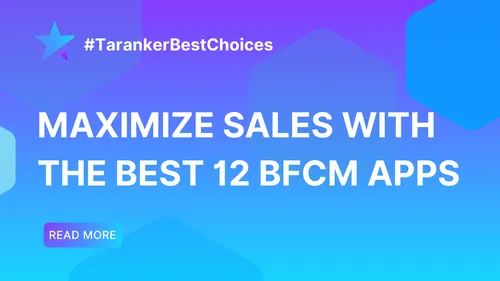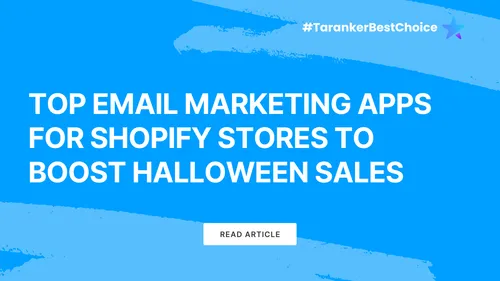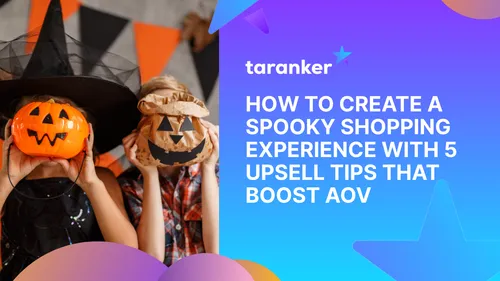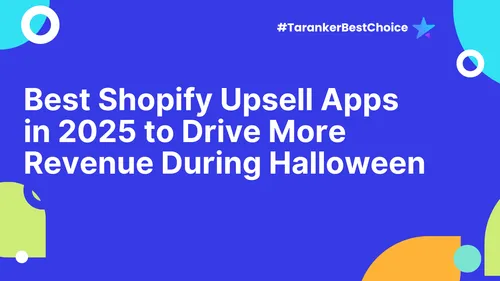Social proof has always been a powerful driver of consumer behavior, but in 2025, its influence on e-commerce is more critical than ever. According to a Nielsen report, 92% of consumers trust recommendations from friends, family, or online reviews over any form of advertising. This means that your Shopify store’s success largely depends on how effectively you can showcase positive feedback and endorsements from influencers or satisfied customers.
As a new Shopify store owner, you might be struggling with building trust and credibility. Social proof, however, provides a tried-and-tested way to solve this challenge. In this blog post, we’ll explore how social proof and influencer marketing can be leveraged to boost your Shopify store’s sales and long-term success.

Social Proof in the Age of Influencer Marketing
Why Social Proof and Influencers Matter
In today’s digital age, consumers increasingly rely on reviews, social media recommendations, and the experiences of others before making purchasing decisions. A study by Statista found that 78% of consumers say that user-generated content (UGC) from people they follow on social media influences their purchasing decisions.
Social proof essentially serves as third-party validation, showing potential customers that others trust your products. By incorporating both organic customer feedback and influencer endorsements, you create a sense of trustworthiness and build a reputation that encourages others to make a purchase.
The Role of Influencers: Mega vs. Micro-Influencers
While influencer marketing has been around for years, it remains highly effective in 2025. However, it’s important to understand the difference between mega-influencers and micro-influencers:
-
Mega-Influencers: These are typically celebrities with millions of followers. While they can give your brand massive exposure, their engagement rate tends to be lower. Moreover, partnering with mega-influencers can be costly.
-
Micro-Influencers: These influencers typically have smaller, but highly engaged audiences (often 10,000 to 100,000 followers). Their followers trust them more, and their content tends to feel more authentic and relatable. In fact, micro-influencers have 22.2x more weekly interactions than the average user on Instagram (source: Influencer Marketing Hub).
The key takeaway: working with micro-influencers is an affordable yet effective way to amplify your Shopify store’s reach without breaking the bank. The niche audiences they cater to can help you target the right customers and build trust in a genuine, engaging way.
Choosing the Right Influencer for Your Shopify Store
To maximize the impact of influencer marketing, choosing the right influencer for your Shopify store is crucial. Here’s how to make the best choice:
-
Identify Your Target Audience: Before reaching out to any influencer, define your ideal customers. Are you targeting young adults? Parents? Fitness enthusiasts? Find influencers whose followers align with your target audience.
-
Focus on Engagement Over Reach: While it’s tempting to work with influencers with millions of followers, focus more on the engagement rate—likes, comments, and shares. Engagement shows that the influencer’s followers are genuinely interested in their content and more likely to trust their recommendations.

Cultivating Social Proof: Best Practices for Shopify Store Owners
How to Actively Collect and Display Reviews
Customer reviews are a critical form of social proof. They help build trust and can directly influence purchasing decisions. Here’s how to actively gather and showcase reviews on your Shopify store:
-
Request Reviews After Purchase: Send follow-up emails or text messages requesting reviews from customers. Use apps like Shopify Product Reviews or Yotpo to automate this process.
-
Feature Reviews on Key Pages: Display reviews prominently on your homepage, product pages, and checkout pages. According to BrightLocal, 79% of consumers trust online reviews as much as personal recommendations.
-
Respond to Reviews: Show your customers that their opinions matter. Respond to both positive and negative reviews promptly and professionally.
Leveraging User-Generated Content (UGC)
User-generated content is one of the most effective ways to build credibility for your Shopify store. It not only boosts social proof but also allows customers to share their own experiences with your products. Here’s how to encourage UGC:
-
Create a Branded Hashtag: Encourage customers to post photos or videos with your products on social media and use a branded hashtag. Offer incentives such as discounts or giveaways for those who participate.
-
Showcase UGC on Your Store: Display user-generated content on product pages, social media, or even in email campaigns. This allows prospective customers to see real-life examples of your products in action.
According to Yotpo, UGC posts have 4.5% higher conversion rates compared to brand-generated content. This statistic proves that showing your products being used by real customers can be a powerful tool for boosting conversions.
Influencer Collaboration for Ongoing Social Proof
Working with influencers shouldn’t be a one-off event. By maintaining ongoing collaborations, you can continuously provide fresh, authentic social proof. Collaborations can include product reviews, unboxing videos, giveaways, and more.
Statistic: 80% of marketers say influencer marketing is effective in building brand awareness and driving sales (Source: Influencer Marketing Hub).
Using Social Proof to Build Brand Awareness and Loyalty

The Future of Social Proof for Shopify Stores
Why Social Proof Will Continue to Be Critical
Social proof will only become more important as social media continues to dominate online shopping experiences. The rise of TikTok and Instagram has made it easier than ever for brands to gain visibility through reviews, user content, and influencer partnerships.
In the future, personalized social proof will take center stage, with product recommendations and customer reviews tailored to individual shopping behaviors and preferences. This shift will help increase relevance and engagement, ultimately boosting sales.
Supporting Statistic: According to Business Insider, global spending on influencer marketing is expected to exceed $15 billion by 2026, underlining its growing importance in e-commerce.
Leveraging New Technologies for Social Proof
As ecommerce evolves, new technologies such as AI-powered review analysis, automated influencer marketing platforms, and augmented reality (AR) for social proof will likely play a pivotal role. For instance, 66% of consumers say they trust online reviews more when they see images or videos accompanying them (Source: BrightLocal).
Conclusion
Social proof is more than just a trend—it’s an essential component of your Shopify store’s marketing strategy. Whether through customer reviews, user-generated content, or influencer partnerships, social proof provides the validation your potential customers need to make a purchase.
By actively collecting reviews, collaborating with influencers, and showcasing authentic UGC, you can build trust and credibility for your store, ultimately driving sales and long-term success. Remember, the key to mastering social proof is consistency—stay proactive in engaging with your audience and continue building relationships with influencers and customers alike.
Now is the time to harness the power of social proof. Start today, and watch your Shopify store thrive!













